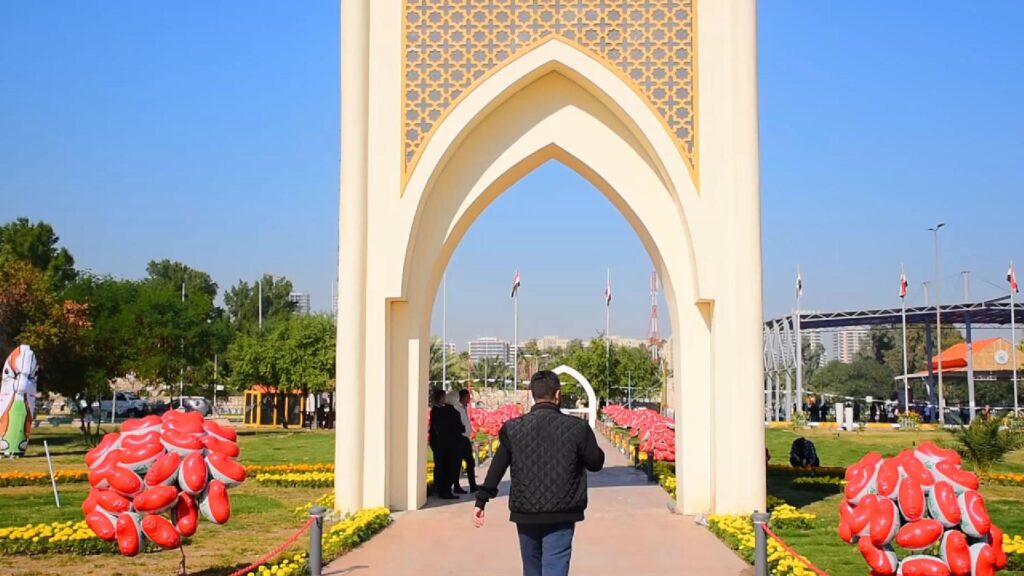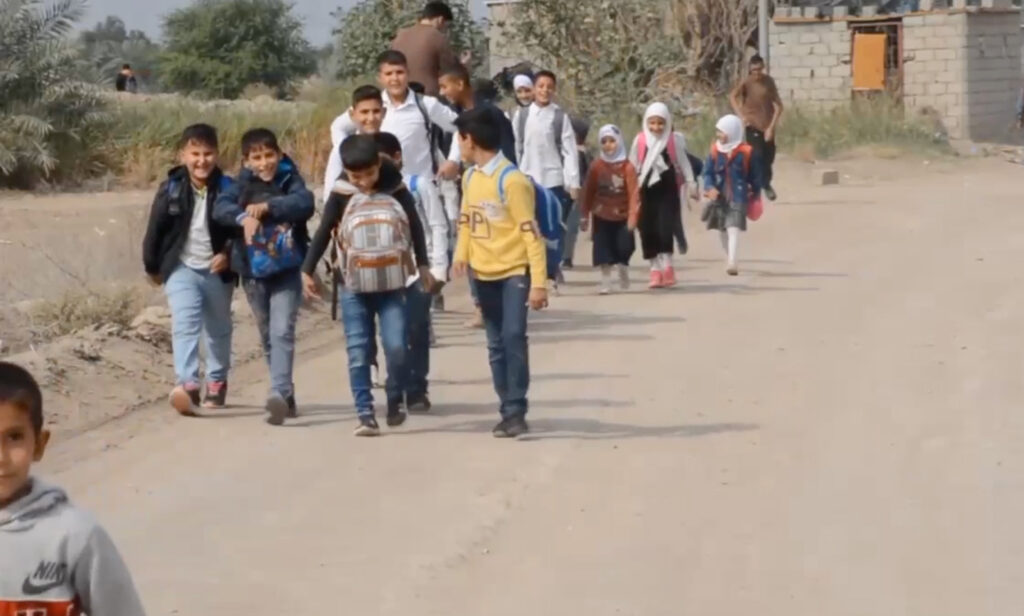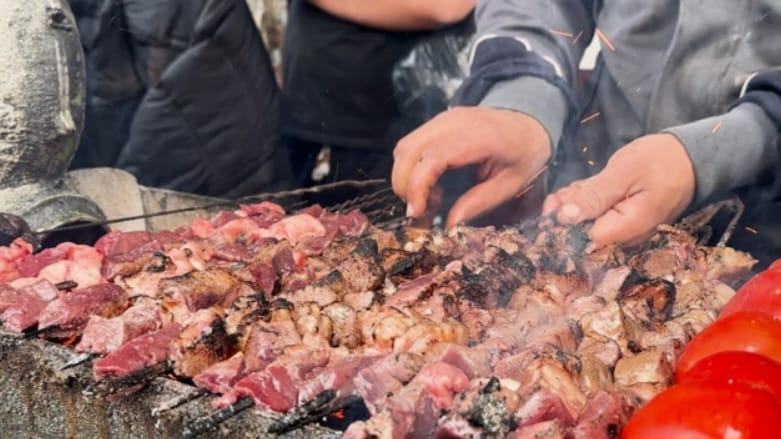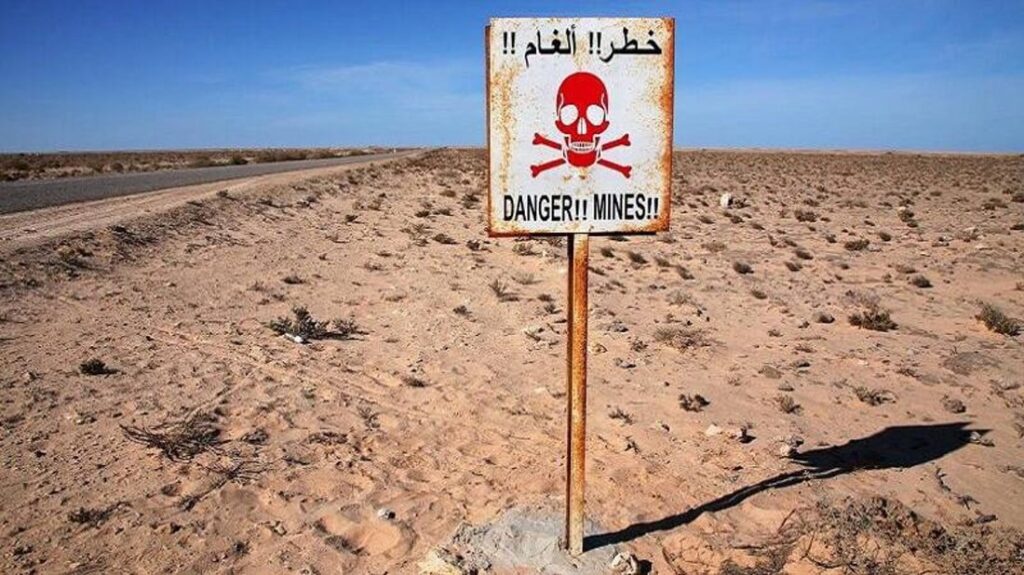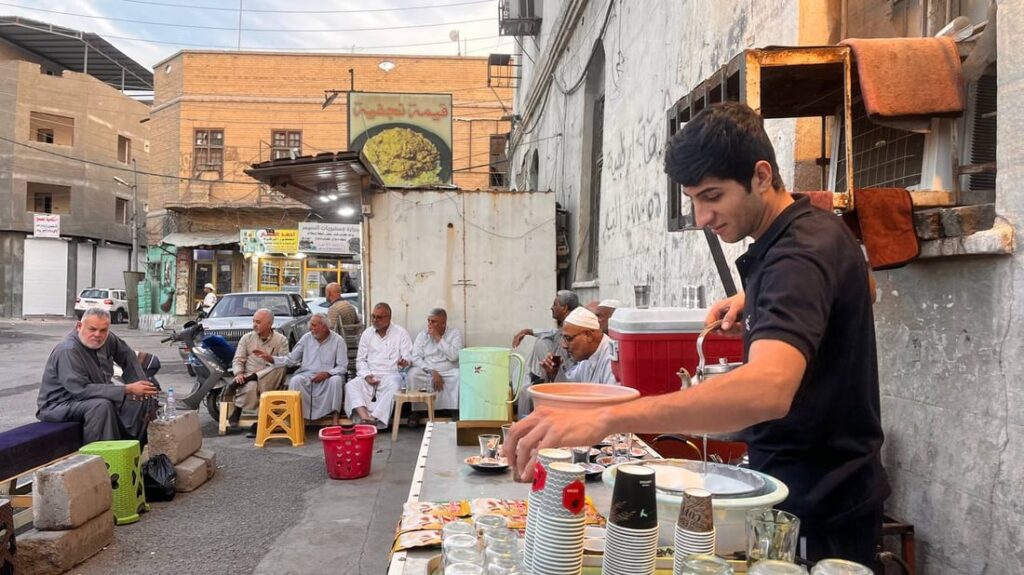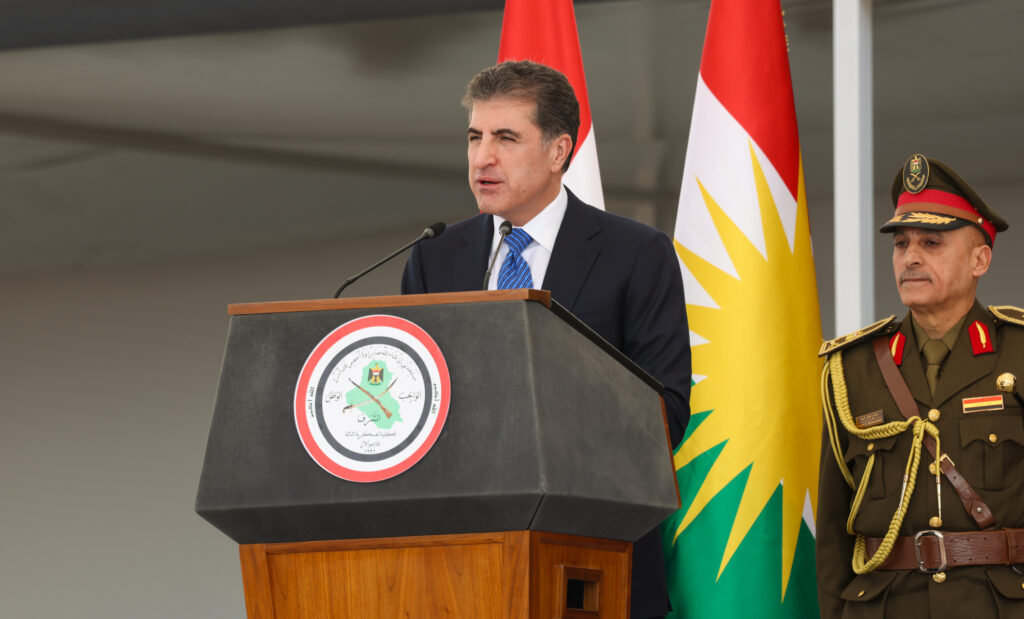Archbishop of Kirkuk: ISIS orphans, an emergency that weighs on the future of Iraq

At least 1500 minors are "trapped" in the country's judicial system. Of these 185 were sentenced to jail for being linked to Daesh. Victims of jihadist brainwashing, they suffer torture or violence in their cells. Bishop Yousif: we need an effort by the international community and answers such as education and schooling. The commitment of the Chaldean Church.
Kirkuk (AsiaNews) - Daesh orphans "are a major emergency" calling for a "global, not just local" response from the Baghdad government that is likely to appear "insufficient," warns the Archbishop of Kirkuk Msgr. Yousif Thoma Mirkis who recently attended a UNICEF seminar on children and young people born or raised under the "Caliphate" of the Islamic State (IS, formerly Isis) in Syria and Iraq.
This is a question of primary importance that must be addressed "economically" by the international community and requires "other responses, such as education and schooling".
Activists and humanitarian NGOs speak of more than 1500 minors "trapped" within the Iraqi judicial system, because they are victims of brainwashing and today imbued with jihadist ideology. The youngest are held in prison along with their mothers; in recent months at least seven would have died due to poor detention conditions.
Hundreds are on trial for crimes of various kinds, from illegal immigration to having fought alongside ISIS militants. Official sources speak of 185 children and young people between the ages of nine and 18 already sentenced to a few months up to a maximum of 15 years and locked up in the juvenile prison in Baghdad. Minors affiliated to ISIS are treated without regard, tortured or persecuted by jailers and prisoners, without knowing their real degree of involvement in the group.
Still others by the thousands, although not incarcerated, live in precarious conditions begging in the streets of Mosul in search of the minimum money for a meal or by selling makeshift objects along the roadsides. With the risk, certainly not remote, of being exploited by the underworld or ending up in the local gangs that exploit them for money. According to the Iraqi sociologist Fatima Khalaf, these street children "are not immune to [...] exploitation" and "if they are abandoned, they could become criminals", for which the compulsory education is even more urgent.
As recently emphasized by the auxiliary of Baghdad, Msgr. Shemon Warduni is necessary "to educate [...] especially children" who represent the future of the country. "It is an open and dangerous question - the archbishop of Kirkuk confirms to AsiaNews - 35,000 people live in a camp near Kobane, the vast majority orphaned with their father killed and their mother, who is still wearing the niqab (the full veil) ”. The truth, the prelate adds, is that "these people are still tied to the time of Daesh [Arabic acronym for Isis] and even the government is afraid to have anything to do with them".
In order to understand the extent of the problem, Msgr. Yousif points to the fact that up to eight million people lived under the "Caliphate" in Syria and Iraq and many, like the origins of Islam, had three, four, even 10 wives. According to some sources, three million people were born in this area between the two countries and under the jihadist yoke and "very many children and young people have been brainwashed" by the men of Abu Bakr al-Baghdadi.
To date, neither the government, nor the humanitarian institutions and NGOs "although starting from different points of view" have succeeded in "providing an answer" to the emergency. The executive "looks at the issue from a political point of view", applying an anti-terrorism norm which is "very harsh and foresees up to the death penalty. This norm has caused many more widows and orphans. The government does not take care of them and asks the humanitarian NGOs to take responsibility for them".
In this rebound of responsibility, from which the international community cannot be considered exempt, the question remains unresolved. "Many of these children - explains the prelate - were born from fighters from France, Germany, Belgium or Great Britain and belong to these countries. Their governments must take responsibility for them, helping Iraq and Syria. This is a global problem, hence the need for everyone to work together on an economic level, but above all on a cultural level ".
The Iraqi Church, at the instigation of the Chaldean patriarch and bishops, sought to help these children by giving them "bread, water, milk and other basic necessities. I myself - the archbishop continues - asked the faithful to help some Daesh families locked up in a refugee camp near Kirkuk. However, our resources are limited and it is very difficult to get in touch with these children. The fact remains that we cannot abandon them, because they could become the jihadists of tomorrow and it is the responsibility of the government and the international community to take care of them ”.
On the military level, the prelate concludes, perhaps Daesh "is defeated, but the mentality remains. This is the tip of the iceberg, to which economic, political and social problems are added ".

